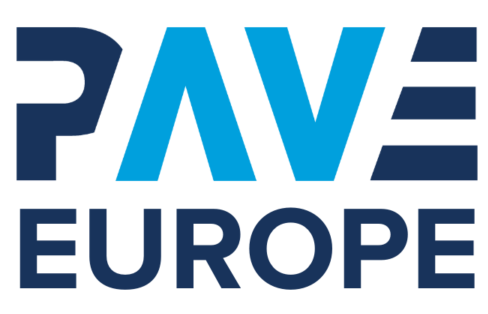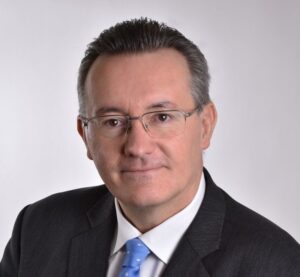We sat down with Karl Obermair, Chairman of the Board of PAVE Europe, to talk about his vision for the organization and his insights on AV adoption in Europe.
Karl, what is your role in your daily life?
I am the Future Mobility Director of TÜV Rheinland, which means that my experts team and I are responsible for developing new innovative mobility services for TÜV Rheinland on a global level. For example we develop testing methods for autonomous driving vehicles or we are working on a method to objectively measure the so called “State-of-Health” (SoH) for used BEV-batteries. TÜV Rheinland is one of the leading global TIC-players, TIC stands for testing-inspecting-certifying.
How did you get into the AV space?
The mantra for future mobility is since many year the acronym ACES – autonomous, connected, electrified and shared – so you simply have to deal with the different levels of automation if you work in that segment, regardless if we are talking about public or private transport or if we are talking about passenger or goods transport.
Why did TUV Rheinland decide to co-found PAVE Europe?
We were convinced that there simply was not any neutral and technologically open organization in Europe which has it’s dedicated focus on automated mobility – and not only on automated passenger cars – which means that we are talking about a real disruptive solution. Secondly we were convinced that there is need for an organization which stands for something like a specific European way towards autonomy, a way which substantially differs from the US or the Chinese way for example. And last but not least the focus of PAVE Europe lies on trust and on fact based communication, which both are of fundamental importance for building up social acceptance.
What is motivating you as Chairman of PAVE Europe?
First of all I am really honoured of being elected the first chairman of PAVE Europe and it feels great to build up such an organization literally from scratch with the help of our members, the board of directors and our managing director together. The more experienced I get the more exiting it is for me to create something new.
What potential AV benefit are you most excited about?
There are so many potential benefits that this is really a hard question to answer, but I personally do hope that automated mobility has a huge inclusive potential regarding all different groups of people who are disabled or have other limitations which make it difficult or even impossible for them to easily get from A to B and back. It is an aged-old dream of mankind that people are free to go wherever they like and whenever they like in an easy, safe, comfortable and sustainable way – or even the other way round – that people and goods are coming to them in the same way.
What do you see as the biggest challenges facing the deployment of autonomous vehicles, and how can stakeholders work together to address these issues?
The key challenge is a lack of trust – lack of trust towards the technology, towards the integrity of the providers and industry players and their specific interests, towards the compliance of rules and laws like for example the European GDPR. There is an old saying: Trust comes like an old snail but disappears like a young race horse. For us, PAVE Europe, this means to consistently work on clear, valid, fact based messages and communication content. The public discussion about automation is quite unbalanced in my eyes – it is either over optimistic and over promising or – for example if a single accident happens somewhere – it immediately switches to super critical and over-pessimistic. We do not want to lobby for something – we want to be a rational voice for automation, critical but constructive by principle.
How are the public acceptance challenges of AVs different in Europe than in the US or China?
TÜV Rheinland has made a study some years ago about public acceptance of automation in US, China and Europe. We were surprised to see that the people, the end-users do not differ that much in their attitudes and opinions about AVs. What really differs are the value systems and contexts in which AVs are discussed publicly. For example data protection and privacy means something different in China than in Europe or in US. For US cities for example automation is often dominated by the paradigm of individual car usage whereas automation in Europe is often discussed the context of public transport or even seen as a promising on-demand-alternative to busses and trains.
PAVE Europe is a broad coalition with the goal of bringing the conversation about automated vehicles (AVs) to the public to ensure that everyone can play a role in shaping our future. Visit our website to find out more.
 PAVE US
PAVE US PAVE EUROPE
PAVE EUROPE PAVE UK
PAVE UK

